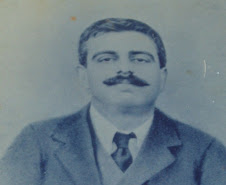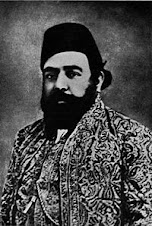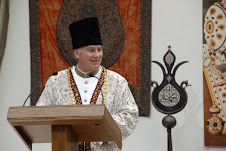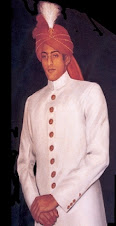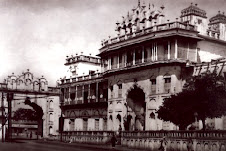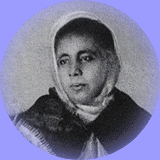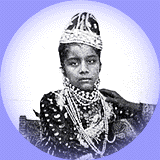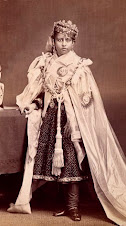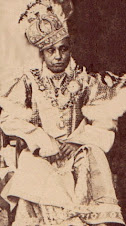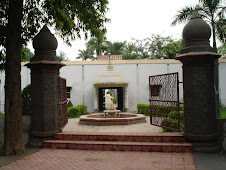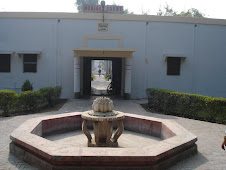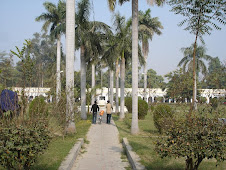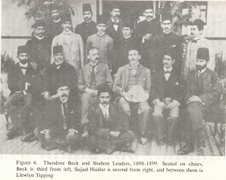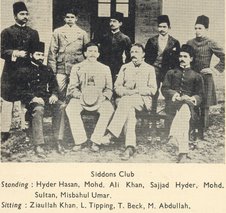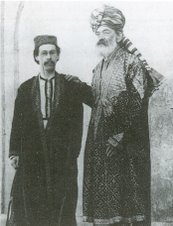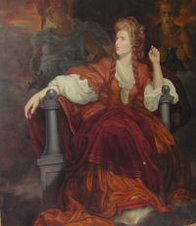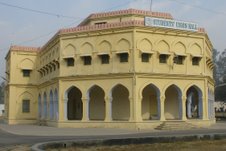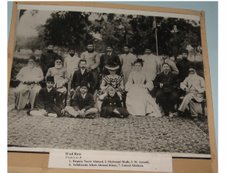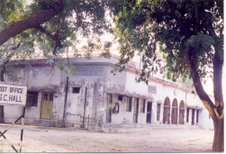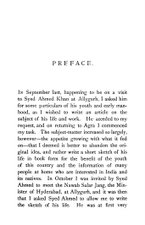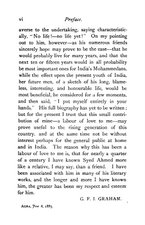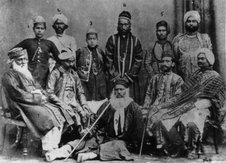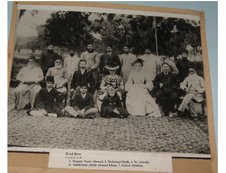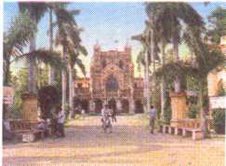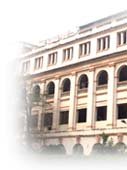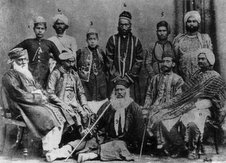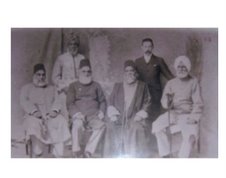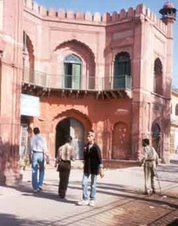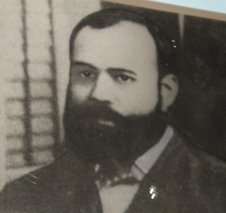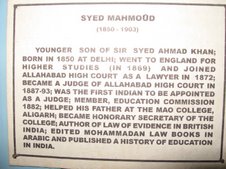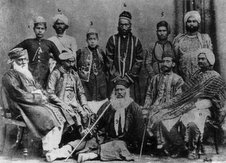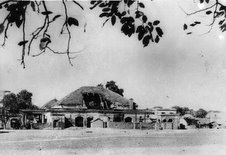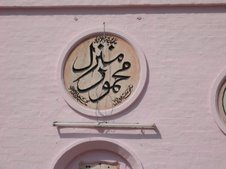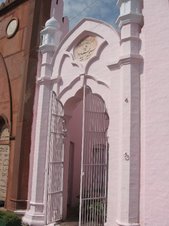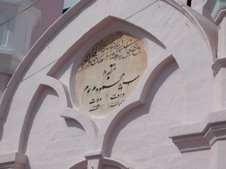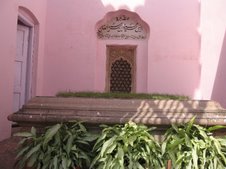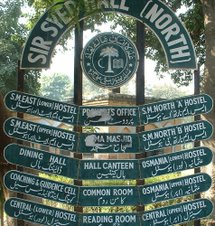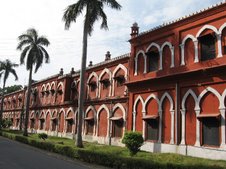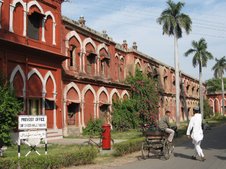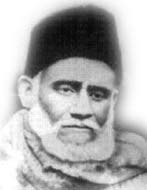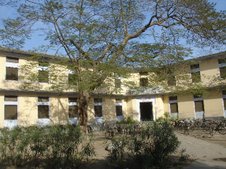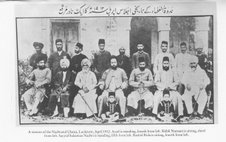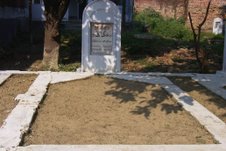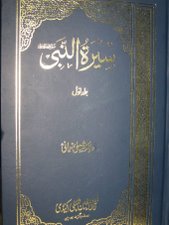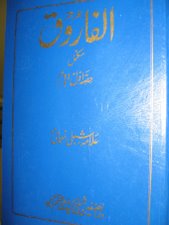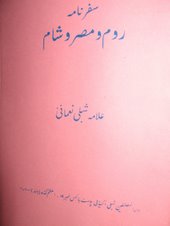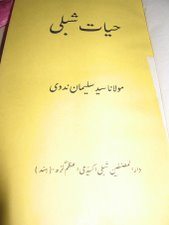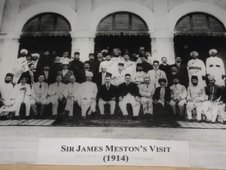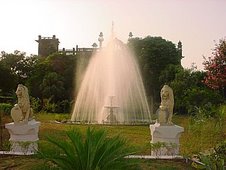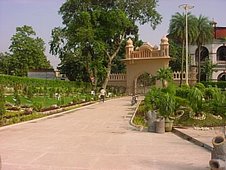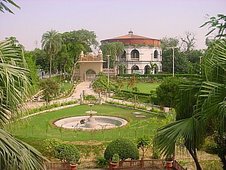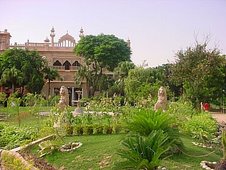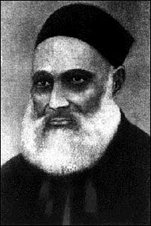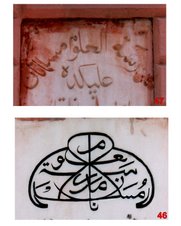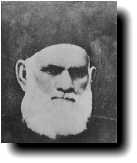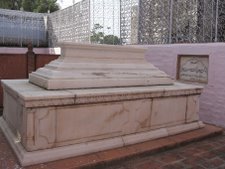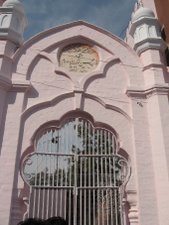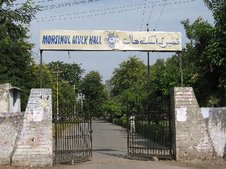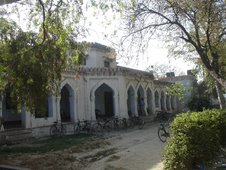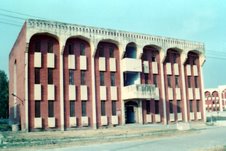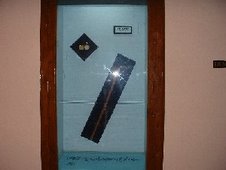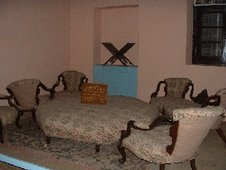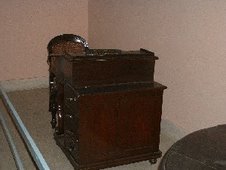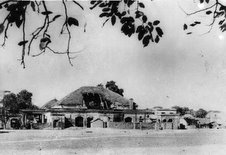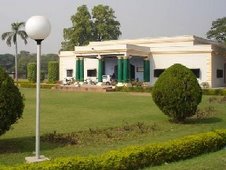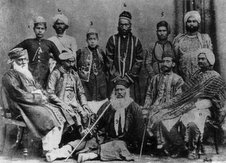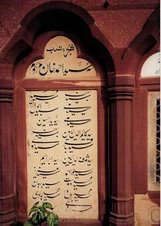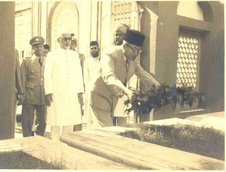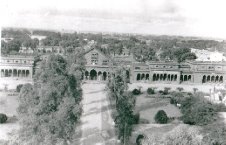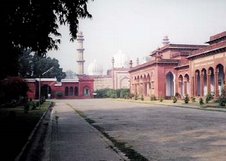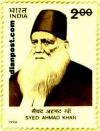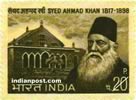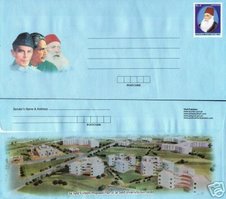Sir Thomas Walker Arnold
Sir Thomas Walker Arnold
Died : 9th June 1930, London (England)
Wife : Celia Mary Hickson (Married in 1892)
Professor M.A.O. College : 1888-1898
Founding Keeper (Secretary) Duty Society AMU Aligarh
Founding President of Anjuman Taraqqi Urdu
Teacher, Student and friend of Allama Shibli Nomani
Famous students : Sir Allama Mohammad Iqbal, Syed Sulaiman Nadvi
Books:
i) The Legacy of Islam
ii) The Spread of Islam in the World: A History of Peaceful Preaching.
iii) The Caliphate iv) A literary History of the Arabs.
v) Paintings in Islam
v) Paintings in Islam
Wearing turban, churidaar payjamaa, Angarkha and with a polite voice asking MAO college student to go for prayers and doing the headcount at mosque gate was a routine extra activities of a british by birth, a philosphy professor by profession, an orientalist by his pen, and one of the most popular eauropean staff member of MAO College and a true aligarian by his heart. This is a brief introduction of Prof. Sir Thomas Walker Arnold alias Maulana Arnold.
Prof. Thomas Walker Arnold was born on 19 April 1864 and educated at the City of London School. He entered Magdalene College, Cambridge University in 1883. On the recommendation of Mr. Theodore Beck, Mr. Arnold was offered a professorship in philosphy at MAO college, which he accepted whole heartedly. From 1888 he worked as a Professor of Philosphy at the MAO College, Aligarh. In 1898, he accepted a post as Professor of Philosophy and Principle at the Government College, Lahore and later became Dean of the Oriental Faculty at Punjab University. From 1904 to 1909 he was on the staff of the India Office as Assistant Librarian. In 1909 he was appointed Educational Adviser to Indian students in Britain. From 1917 to 1920 he acted as Adviser to the Secretary of State for India. He was Professor of Arabic and Islamic Studies at the School of Oriental Studies, University of London, 1921-1930.
But of all Arnold's works, Painting in Islam is of the greatest value to the student of Muslim, and particularly Persian, painting. It set a new standard of scholarship in the subject, for the author's long apprenticeship in Arabic and Persian gave him free access to the original sources; his deep interest in the religion and culture of Islam enabled him to see Islamic painting in its true setting and proportion. At the same time his humanity makes the book an eminently readable account of a somewhat abstruse subject. He went to previously untapped sources for many of his illustrations and examples—the Bodleian Library, the Royal Asiatic Society, and the India Office Library (where he had been Assistant Librarian from 1904 to 1909)—and thus widened the field of research for his successors. In his preface he emphasizes that he has not attempted to write a general history of Islamic painting, the “purpose of the book is rather to indicate the place of painting in the culture of the Islamic world,” and it has thus never been superseded by later works of a strictly art historical nature.
Important early works of Arnold were his two books The Preaching of Islam; a History of the Propagation of the Muslim Faith (London, 1896, 1913, 1935) and The Caliphate (Oxford, 1924; reprinted. London, 1965). Arnold became the first English editor for the first edition of The Encyclopedia of Islam. He co-edited the first edition of The Legacy of Islam (Oxford, 1931; repr. London, 1952) with A. Guillaume; and with R. A. Nicholson he edited A Volume of Oriental Studies Presented to Edward G. Browne (Cambridge, 1922).
Arnold exposed Indian muslim poet Muhammad Iqbal to western culture and ideas, and served as a bridge for Iqbal between the ideas of the east and west. He was made Companion of the Order of the Indian Empire in 1912, and in 1921 was given a Knighthood by the Crown and became Sir Thomas Walker Arnold. He married Celia Mary Hickson in 1892. He died on 9 June 1930.
Association with MAO College and Aligarh Movement:
At the age of 23 years, Mr. Arnold completed his education and at the behest of Mr. Theodore Beck, Principle, MAO College, he accepted a position of Professor of Philosphy in MAO College in 1888. He was an orientalist and had great passion for oriental studies. He had special interests in foriegn languages so he learned Sanskrit and frence during his studies and learned persian and arabic at MAO College. Due to his special interest in oriental studies and eastern culture, he was well suited at MAO College and adopted eastern dress code also. He used to dress payjama, angarkha and turban and look like a Maulvi. Due to to this Sir Syed used to address him as Maulana Arnold. Due to his young age, good attitude and soft language, he was very popular among the students. Mr. Arnold, Mr. Theodore Beck and Mr. Theodore Morrision created a very conginioul atmosphere for intellectual interface with external scholars. They used to invite external scholars to have interface, speeches and ellocutions, and the best students performer used to get an award from Mr. Arnold.
Mr. Arnold were a urdu loving person so always promoted Urdu language in the college and presided the first meeting of Anjuman Tarraqi Urdu. For urdu poetry he was a big follower of Sir Syed and used to encourage students to follow Maulana Haali in urdu poetry.
When Sahebzada Aftab Ahmad Khan, started Duty Society, 1889, Prof. Arnold played a very active role and became its founding Keeper/Secretary. Prof. Arnold completed his famous book, Preaching of Islam during his stay at MAO College. In the book “The Spread of Islam in the World: A History of Peaceful Preaching”, Prof. Arnold proved with strong evidence that Islam was never spread with swords, it was always spread by peaceful preaching. Sir Syed was very happy with this great work of Prof. Arnold. The whole Muslim community was grateful for Prof. Arnold for such a noble work.
After 10 years of great service to the MAO College, Prof. Arnold became a well known orientalist and scholar. In 1897, he resigned from MAO College and joined as a Principle at Oriental College, Punjab University Lahore. Even after joining Oriental College Lahore, he was always in touch with MAO College and visited on 26th February, 1904.
Arnold House: The present Proctor’s office & NRSC Provost’s office in AMU Aligarh was the building named after Prof. Thomas Walker Arnold, to recognize his serves to MAO College and Aligarh Movement.
Allama Shibli Nomani & Prof. Thomas W. Arnold
When Allama Shibli returned to India after performing Hajj, he met Sir Syed Ahmed Khan who had just established M.A.O. College. Allama Shibli Nomani was offered and accepted a teaching position at the MAO College in 1892. He met Prof. Thomas Arnold in 1888 when Prof. Arnold joined MAO College staff from whom Allama Shibli learned first hand modern western ideas and thoughts. At the same time Prof. Arnold learned Arabic from Allama Shibli. They traveled together in 1892 to Syria, Egypt, Turkey and other countries of the Middle East and got direct and practical experience of their societies. Allama Shibli’s scholarship influenced Prof. Thomas Arnold on one hand and on the other he was influenced by Thomas Arnold to a great extent, and this explains the modern touch in his ideas.
When Prof. Arnold left MAO College and joined Government College Lahore, Allama Shibli wrote to his cousin brother and disciple Maulana Hamiduddin Farahi (MAO College graduate and later a Professor of Arabic at MAO College); “Arnold left, College is sad about his departure. He was given a warm farewell.”
In 1904, when Prof. Arnold was finally leaving India to join as the staff of the India Office as Assistant Librarian in Britain, he was given addresses at different places including at MAO College. For the said event Allama Shibli again wrote to Maulana Hamiduddin Farahi ; “ Mr. Arnold is leaving for Britain, MAO College Aligarh will give addresses to him, one of the address will be in Persian too. I have been requested to prepare that, but I am not good in Persian so please prepare one and send it to Prof. Abul Hasan, MAO College immidiately.I will prepare the Arabic one. Mr. Arnold will be coming to Aligarh on 26th February, 1904.”
Association with Sir Allama Iqbal:
Allama Iqbal came over to Lahore for his graduate studies. Lahore was then developing as a centre of higher learning. He chose philosophy as his major subject for which he had a particular bent of mind. He was fortunate in studying philosophy under Prof. Thomas Arnold who was no ordinary teacher. An intimate teacher-pupil relationship soon developed between the two to which Allama Iqbal's poem on Arnold, included in the collection of Bang-i Dara, bears evidence. Allama Iqbal's grateful recognition of what he received from Prof. Arnold is also expressed by him in his dedication to him of his book, The Development ot Metaphysics in Persia. It runs as follows: "This little book is the first-fruit of that literary and philosophical training which I have been receiving from you for the last ten years, and as an expression of gratitude I beg to dedicate it to your name. You have always judged me liberally; I hope you will judge these pages in the same spirit."
When Allama Iqbal went to England for higher studies in Western philosophy, he re-established his contact with Prof. Arnold.




